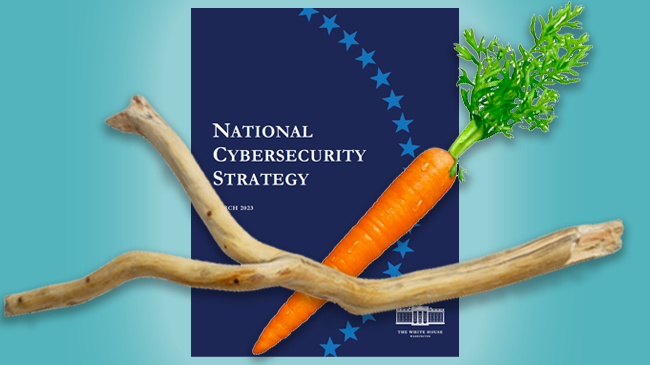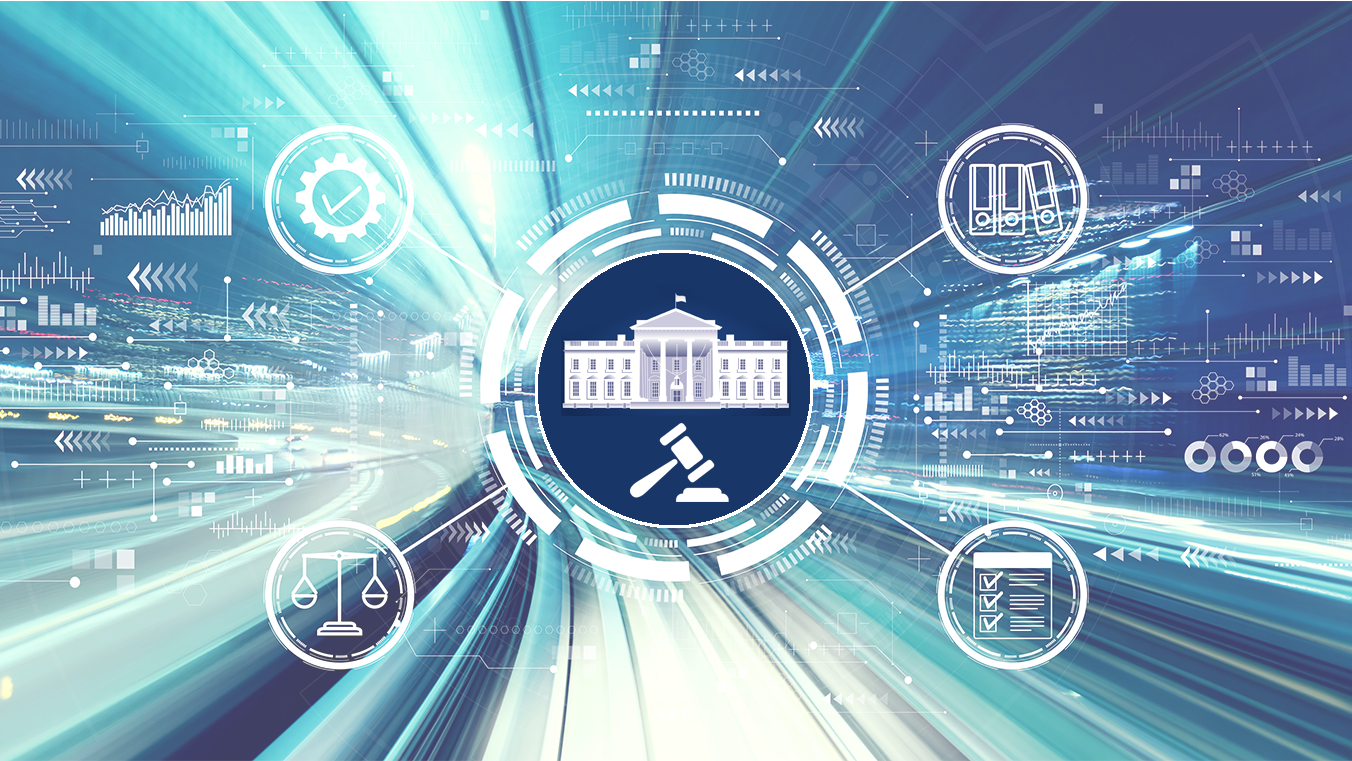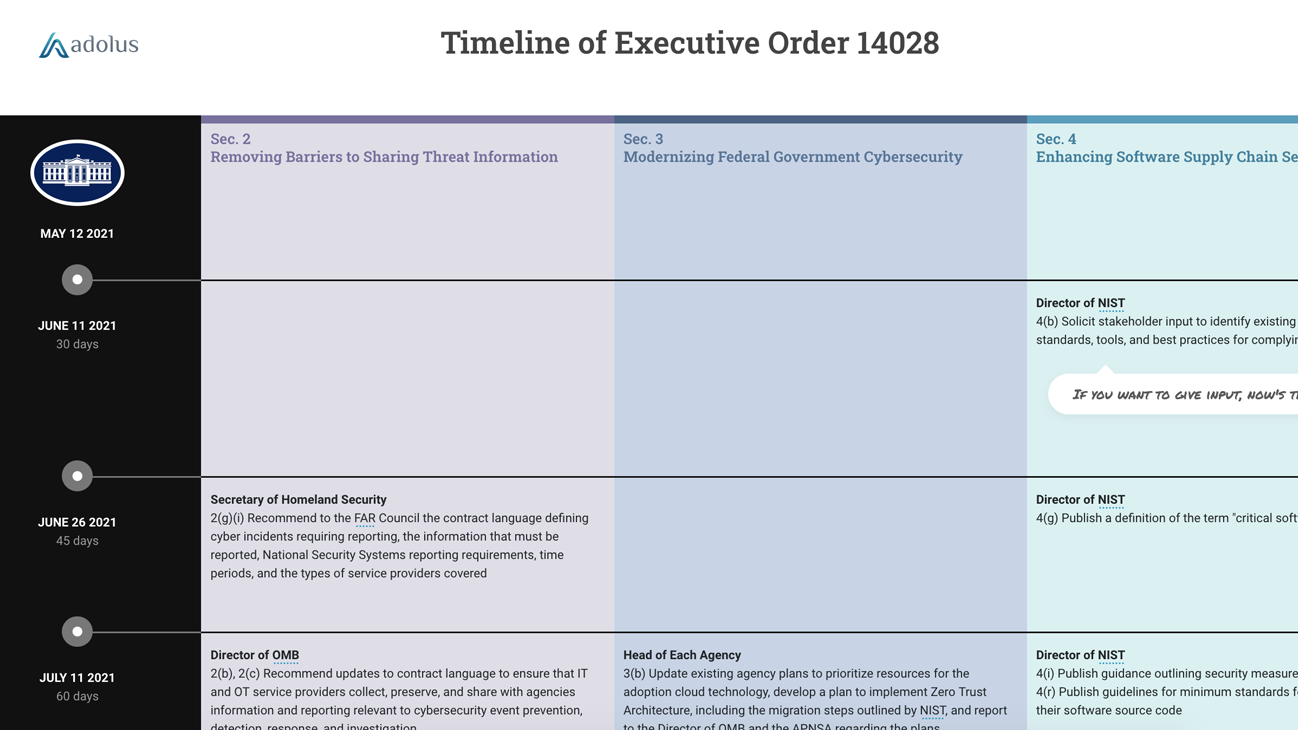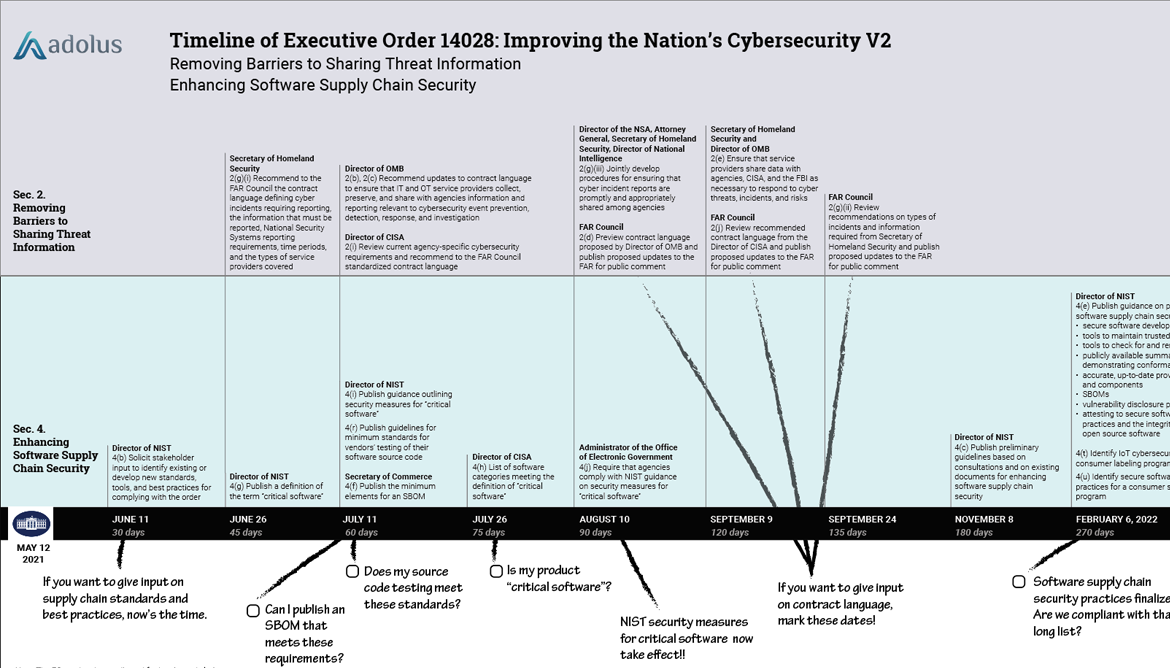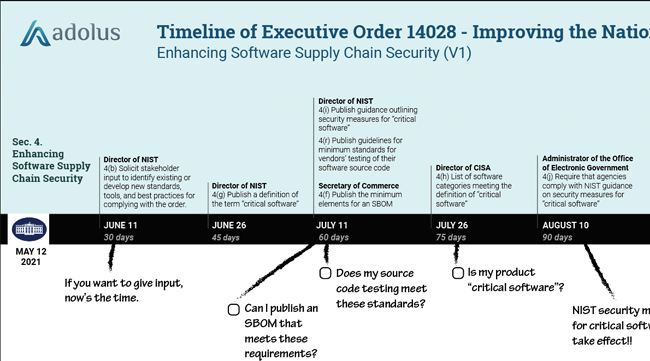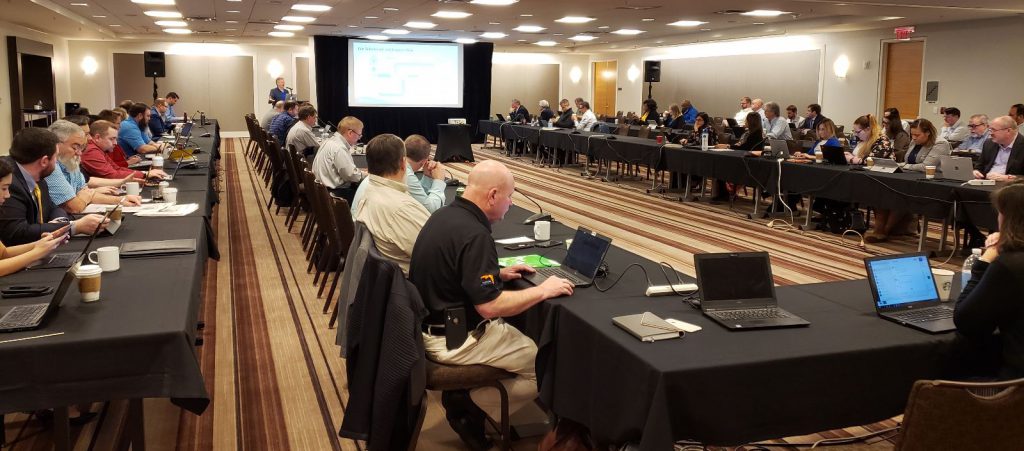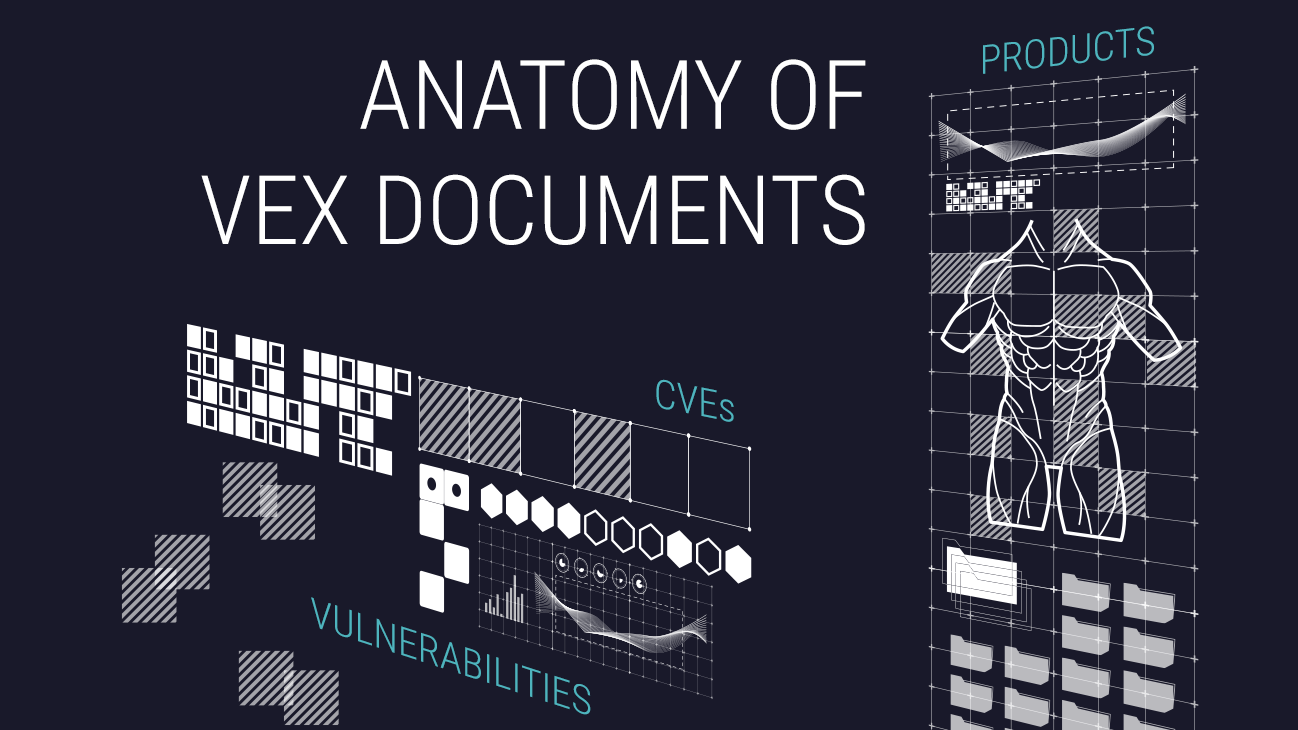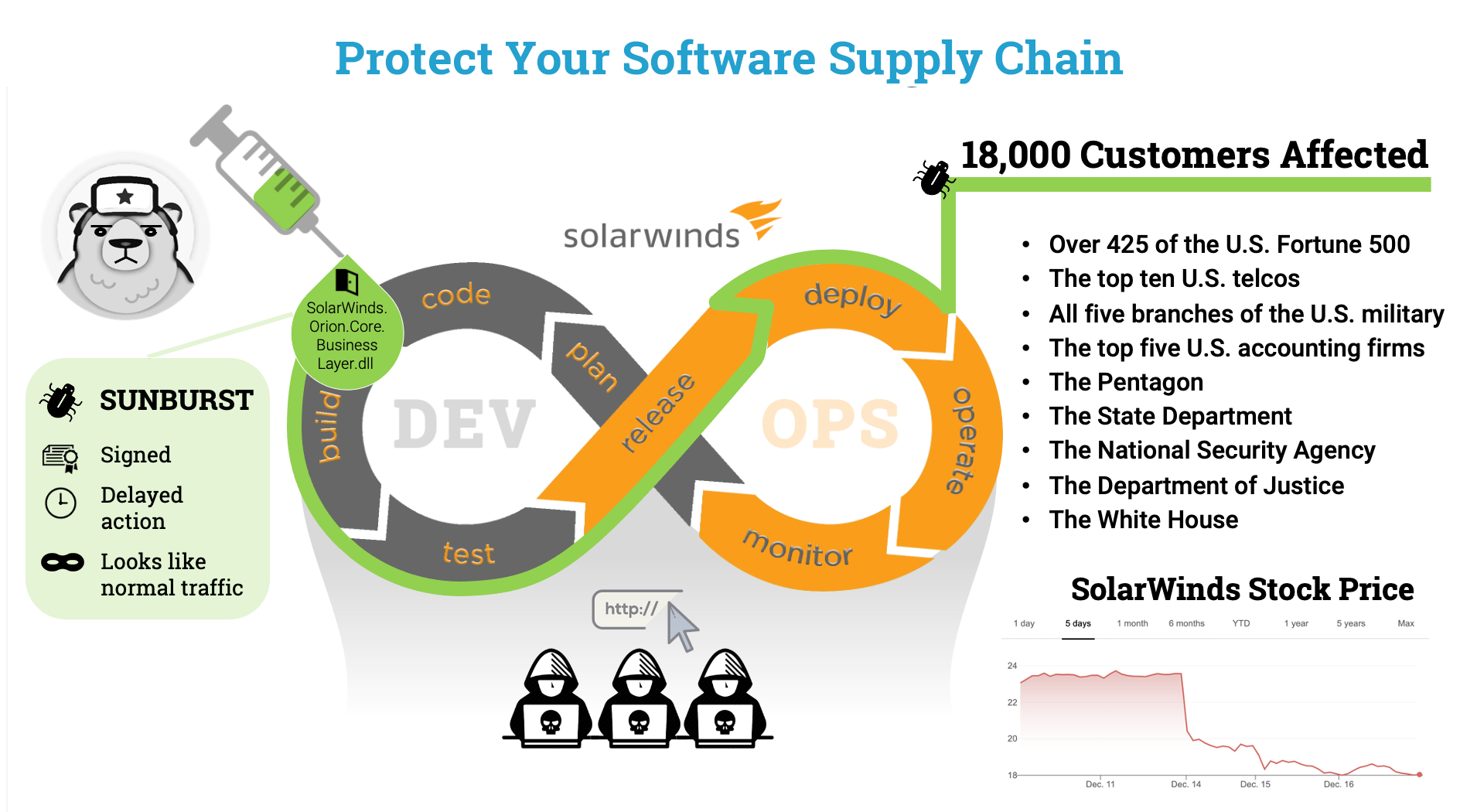- Blog
- /
- Topic
Regulatory Requirements
- All
- Supply Chain Management
- SBOM
- Vulnerability Tracking
- #supplychainsecurity
- Regulatory Requirements
- VEX
- EO14028
- ICS/IoT Upgrade Management
- malware
- ICS
- vulnerability disclosure
- 3rd Party Components
- Partnership
- Press-release
- #S4
- Software Validation
- hacking
- industrial control system
- Code Signing
- Legislation
- chain of trust
- #nvbc2020
- DoD CMMC
- Dragonfly
- Havex
- Log4Shell
- Log4j
- Trojan
- USB
- Uncategorized
- energy
- medical
- password strength
- pharmaceutical
Evolving Threats and Regulations in Software Supply Chain Security
2023 is in the rearview mirror and 2024 is now well underway. I wanted to post my thoughts on some of the software supply chain trends we saw last year and how they will continue to shape...
Continue ReadingAn Analysis of Generative AI: How to Be Confidently Wrong
The recent release of the National Cybersecurity Strategy document by the White House prompted me to test Microsoft's new Bing chat feature, which is powered by OpenAI's language model,...
Continue ReadingThree Quick Takeaways from Biden’s National Cybersecurity Strategy
NOTE: We were going to publish our second blog of the S4x23 SBOM Challenge today. However, the new National Cybersecurity Strategy was released this morning, and we thought that...
Continue ReadingA Flurry of Regulatory Action and the Need for SBOMs
Executive Order 14028 on Improving the Nation's Cybersecurity was issued in May of 2021 and provided a roadmap for a series of regulatory initiatives that government agencies (and anyone...
Continue ReadingSorry Blackberry: You Are Part of the Supply Chain
Today, reporters Betsy Woodruff Swan and Eric Geller at Politico published a story: “BlackBerry resisted announcing major flaw in software powering cars, hospital equipment.” They outline...
Continue ReadingUnpacking EO14028: Improving the Nation's Cybersecurity - Pt. 4
Section 3 - Less Fog, More Cloud Section 3: Modernizing Federal Government Cybersecurity of the Executive Order is all about government agencies moving to the cloud and doing it right. If...
Continue ReadingUnpacking EO14028: Improving the Nation's Cybersecurity - Pt. 3
So you don’t sell to the Feds… Today’s blog is going to take a break from analyzing a specific section of the Executive Order on Improving the Nation’s Cybersecurity and focus on who will...
Continue ReadingUnpacking EO14028: Improving the Nation's Cybersecurity - Pt. 2
Removing Barriers to Sharing Threat Information On Friday we dissected Section 4: Enhancing Software Supply Chain Security of the new Executive Order on Improving the Nation’s Cybersecurity...
Continue ReadingUnpacking EO14028: Improving the Nation's Cybersecurity - Pt. 1
Late Wednesday night President Biden signed the Executive Order on Improving the Nation’s Cybersecurity. Compared to any Executive Order (EO) I’ve seen, this is a massive and complex...
Continue Reading3 Month Reprieve for Utilities on Cybersecurity Supply Chain Standards
Earlier this month, as the coronavirus accelerated its alarming sprint across North America, NERC requested that FERC defer a number of looming deadlines for Reliability Standards....
Continue ReadingStay up to date
Browse Posts
- May 2024
- February 2024
- December 2023
- October 2023
- April 2023
- March 2023
- February 2023
- October 2022
- April 2022
- February 2022
- December 2021
- November 2021
- August 2021
- July 2021
- June 2021
- May 2021
- February 2021
- January 2021
- December 2020
- September 2020
- August 2020
- July 2020
- May 2020
- April 2020
- January 2020
- October 2019
- September 2019
- November 2018
- September 2018
- May 2018
Browse by topics
- Supply Chain Management (16)
- SBOM (15)
- Vulnerability Tracking (15)
- #supplychainsecurity (10)
- Regulatory Requirements (10)
- VEX (8)
- EO14028 (6)
- ICS/IoT Upgrade Management (6)
- malware (6)
- ICS (5)
- vulnerability disclosure (5)
- 3rd Party Components (4)
- Partnership (4)
- Press-release (4)
- #S4 (3)
- Software Validation (3)
- hacking (3)
- industrial control system (3)
- Code Signing (2)
- Legislation (2)
- chain of trust (2)
- #nvbc2020 (1)
- DoD CMMC (1)
- Dragonfly (1)
- Havex (1)
- Log4Shell (1)
- Log4j (1)
- Trojan (1)
- USB (1)
- Uncategorized (1)
- energy (1)
- medical (1)
- password strength (1)
- pharmaceutical (1)
Sidebar


